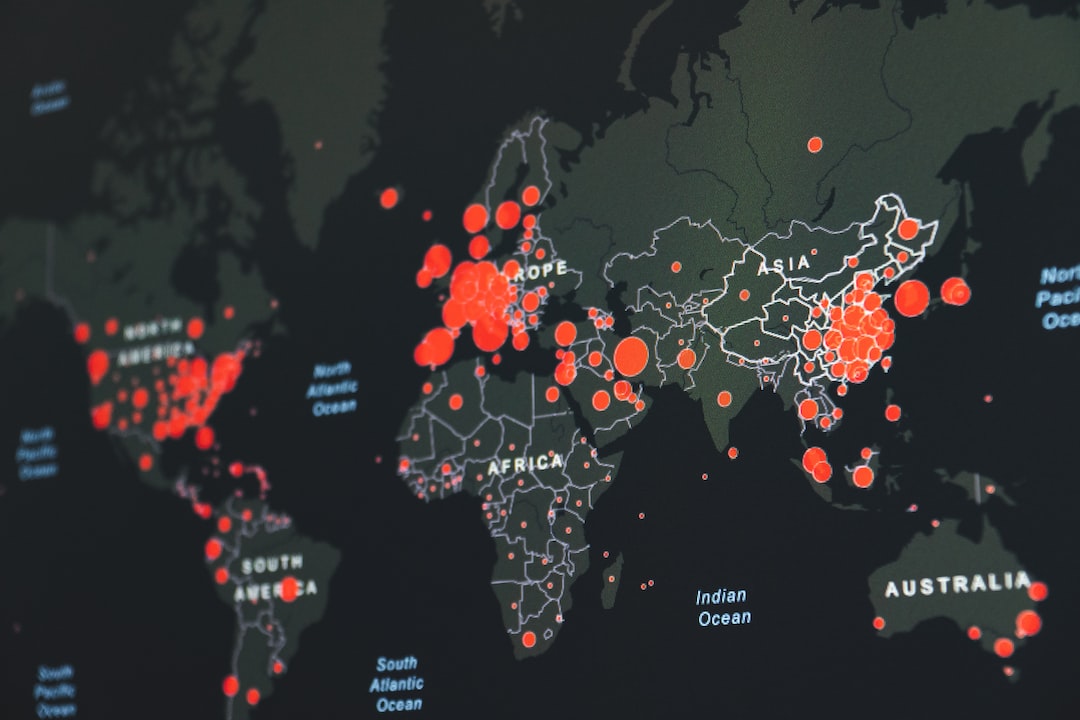Global Food Shortage Crisis: What’s Causing it and What Can We Do?
In recent years, the world has been grappling with a growing concern over a global food shortage crisis. The issue of food scarcity has become more severe, affecting millions of people worldwide. This crisis is a result of various factors that have contributed to a reduction in the global food supply. It is imperative for us to understand the causes of this crisis and explore potential solutions on both local and global scales.
One of the significant causes of the global food shortage crisis is climate change. Rising global temperatures, erratic weather patterns, and increased frequency of extreme weather events like droughts, floods, and hurricanes have disrupted agricultural productivity. These climate-induced challenges have adversely affected crop yield, animal husbandry, and fisheries, leading to a reduced food supply. Additionally, climate change has triggered the spreading of pests and diseases, further exacerbating the crisis.
Another factor contributing to the food shortage crisis is the unsustainable use of resources. With an increasing global population and changing dietary patterns, there is a growing demand for food. The intensive use of land, water, and energy in agricultural practices has reached unsustainable levels. Deforestation for agricultural expansion, excessive water extraction, and the extensive use of chemical fertilizers and pesticides have harmed the environment and diminished the productivity of agricultural lands. As a result, we face an alarming decline in arable land, freshwater resources, and overall biodiversity.
Moreover, geopolitical factors and conflicts have also played a significant role in exacerbating the food shortage crisis. Wars, political instability, and trade disputes disrupt agricultural production, trade routes, and food distribution networks. These conflicts not only cause immediate food scarcity but also hinder long-term agricultural development and investment. It is crucial for governments and international organizations to focus on resolving conflicts and fostering peace to alleviate this crisis.
So, what can we do to address the global food shortage crisis? Firstly, agricultural practices need to be transformed to ensure sustainability. This includes promoting agroecological farming techniques that minimize the use of resources, preserve soil health, and enhance biodiversity. Governments should incentivize farmers to adopt these practices through subsidies and education programs. Additionally, investment in research and development for climate-resilient and high-yielding crop varieties is necessary to improve agricultural productivity in the face of climate change.
Secondly, reducing food waste can significantly contribute to mitigating the crisis. It is estimated that one-third of all food produced globally is wasted. Governments, businesses, and individuals need to actively work on reducing food waste at every stage of the supply chain. This can be achieved through education, proper storage, improved transportation infrastructure, and better utilization of food surplus through redistribution to the needy.
Thirdly, promoting sustainable and equitable food systems is crucial. Smallholder farmers, especially in developing countries, need support to enhance their productivity and access to markets. Strengthening local food systems, diversifying crops, and promoting indigenous farming practices can ensure food security at local levels. Additionally, investing in infrastructure, such as irrigation systems and storage facilities, can improve post-harvest practices and reduce losses.
Lastly, international collaboration and cooperation are vital in tackling the global food shortage crisis. Countries need to work together to develop policies and strategies that prioritize food security. Financial assistance, capacity-building, and technology transfer from developed to developing nations can help bridge the resource and knowledge gaps. Additionally, global institutions like the United Nations and World Trade Organization should prioritize food security in their agendas and facilitate fair trade policies.
In conclusion, the global food shortage crisis is a complex issue with multiple causes. Climate change, unsustainable resource use, geopolitical conflicts, and wasteful consumption all contribute to this crisis. However, with collective efforts, we can mitigate its impacts and secure a sustainable food future. Sustainable agricultural practices, reduction of food waste, support for smallholder farmers, and international cooperation are all vital in addressing this crisis. By taking action on both individual and global levels, we can strive for a world where no one goes hungry.

